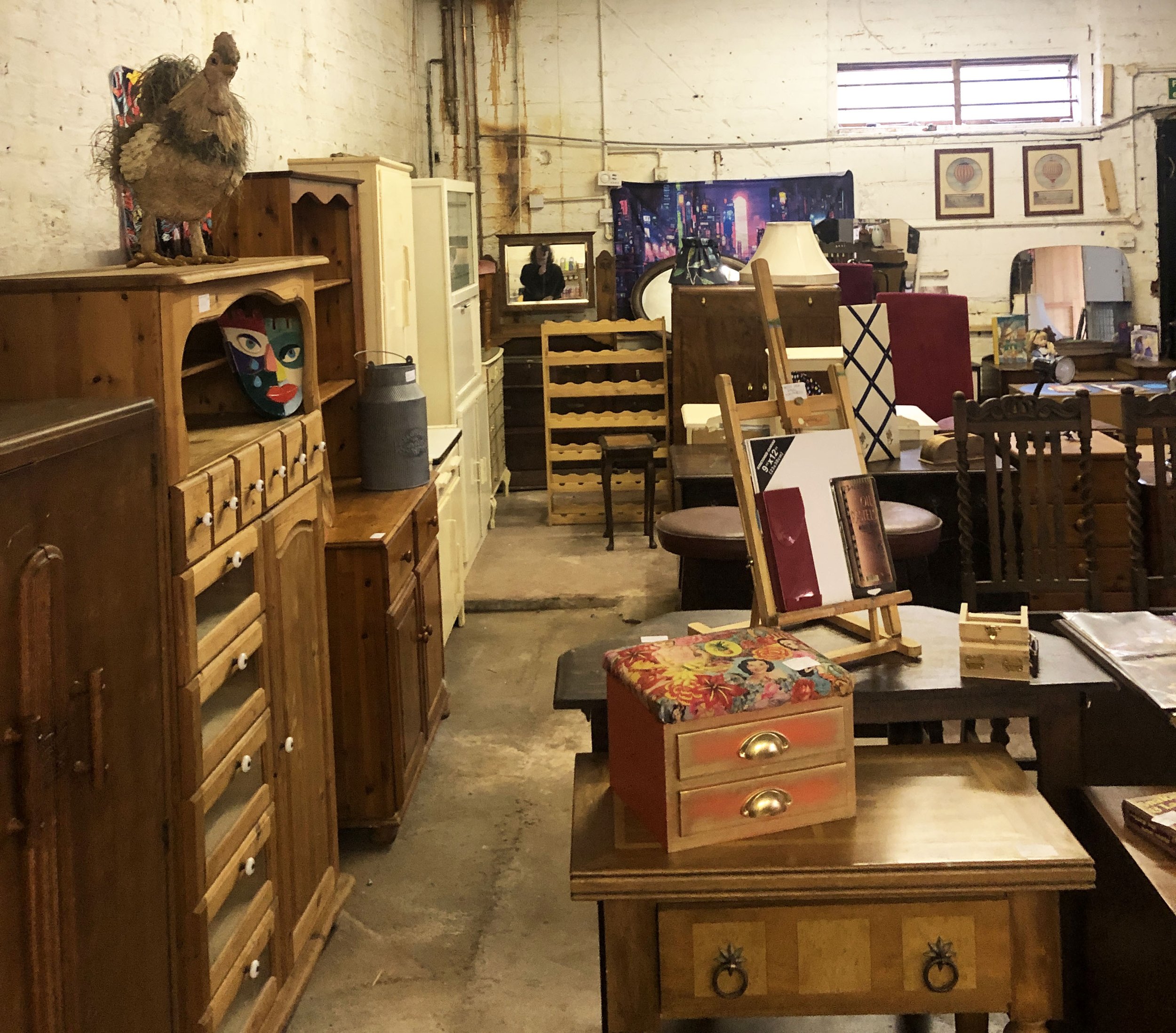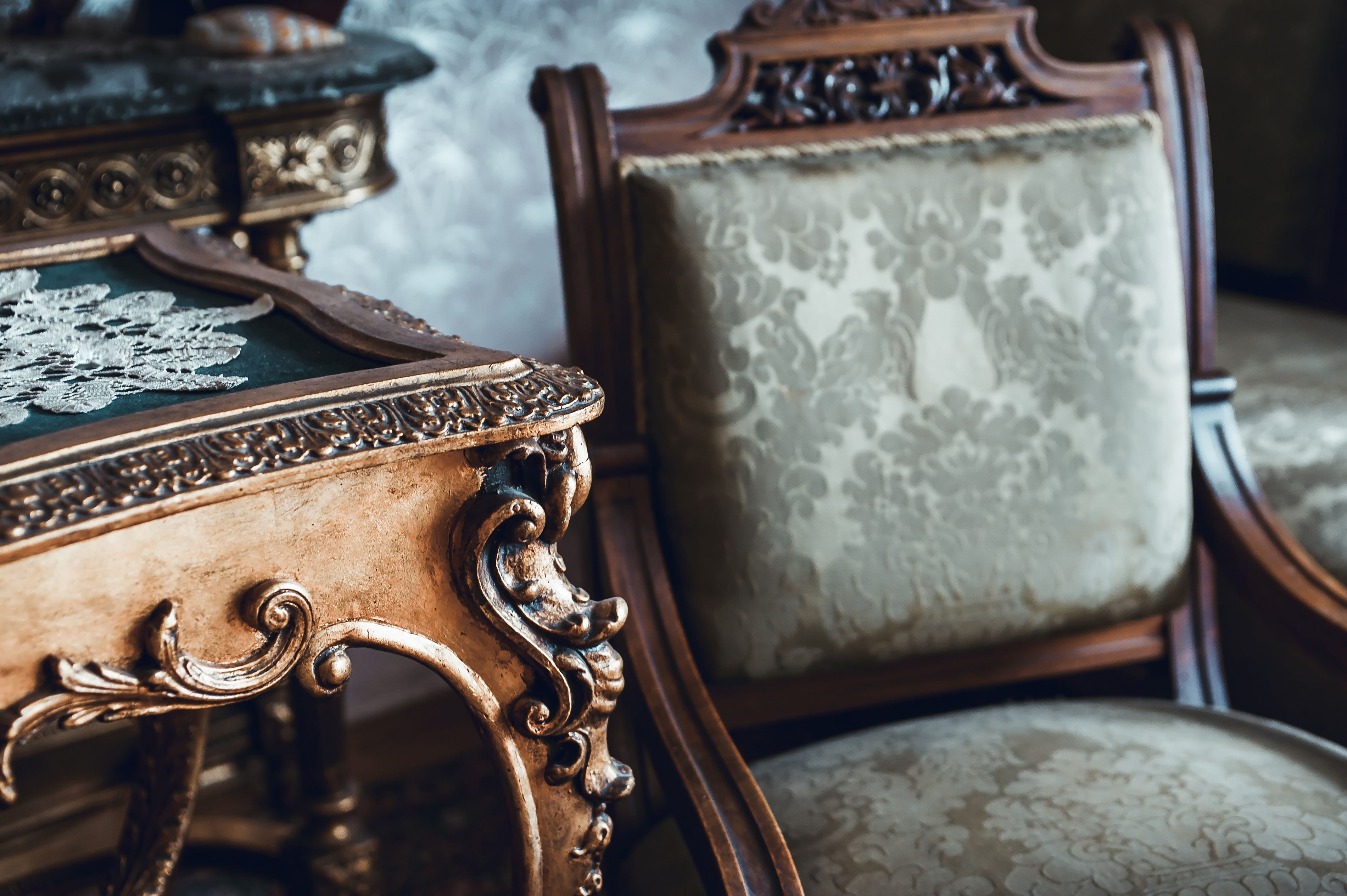As an Amazon Associate I earn from qualifying purchases.
Wondering who buys antique furniture near you? Many people and businesses seek out these timeless pieces.
Antique furniture holds a special charm and history. Collectors, dealers, and enthusiasts value these pieces for their craftsmanship and uniqueness. Finding the right buyer can be crucial if you have antique furniture to sell. This blog will help you discover the best places and people interested in buying your antique furniture.
We’ll explore local options, including specialized shops, collectors, and online marketplaces. Stay with us as we guide you through the process, ensuring you find the right buyer for your cherished antiques.

Credit: www.antiqueking.co.za
Introduction To Antique Furniture Buyers
Antique furniture buyers near you often include collectors, vintage enthusiasts, and specialty shops. They seek unique, historical pieces for their collections or resale.
Looking to sell your antique furniture? Understanding your buyers is key. Antique furniture buyers are passionate individuals. They see beauty in old furniture. They value history and craftsmanship. They are often collectors or decorators. Knowing this helps you connect with them better.What Qualifies As Antique Furniture
Antique furniture is at least 100 years old. It must be a piece with historical significance. Quality craftsmanship and unique design are essential. Original condition adds value. Restored pieces are also desirable if done well. Popular styles include Victorian, Georgian, and Art Deco.Why People Buy Antique Furniture
People buy antiques for various reasons. Some love the history behind each piece. Others appreciate the quality and craftsmanship. Antique furniture adds character to homes. It is often unique, unlike modern mass-produced items. Collectors seek investment opportunities. Antiques can increase in value over time. “`
Credit: www.lifeinsale.com
Types Of Antique Furniture Buyers
Antique furniture buyers come in many forms. Understanding the types of buyers can help you find the right market for your items. Each type of buyer has different motivations and interests. Let’s explore some of the most common types of antique furniture buyers.
Individual Collectors
Individual collectors often look for unique pieces. They value history and craftsmanship. Many collectors have a specific era or style they prefer. These buyers are willing to pay more for rare or well-preserved items. They often search for pieces that complete their collections.
Antique Dealers
Antique dealers buy furniture to resell it. They look for items in good condition. Dealers often have a keen eye for valuable pieces. They know the market well and can spot trends. Dealers usually buy at lower prices to make a profit. They may refurbish items before selling them. This type of buyer can offer a quick sale.
Finding Local Antique Furniture Buyers
Are you searching for local antique furniture buyers? Discovering the right buyers can be challenging. This guide will help you find those who are interested in your unique pieces.
Using Online Directories
Online directories are a great way to start. They provide a list of potential buyers in your area. Here are some steps to follow:
- Search for directories: Look for websites that list antique furniture buyers.
- Filter by location: Narrow down the list to buyers near you.
- Check reviews: Read reviews to understand the buyer’s reputation.
You can use directories such as:
These platforms can connect you with serious buyers.
Leveraging Social Media
Social media is another powerful tool. Many buyers and sellers are active on these platforms. Here’s how to use them effectively:
| Platform | Tips |
|---|---|
| Join local antique groups. Post pictures of your furniture. Engage with members. | |
| Use relevant hashtags. Share high-quality images. Reach out to interested users. | |
| Follow antique dealers. Tweet about your items. Use hashtags like #antiquefurniture. |
Remember to interact with potential buyers. Build trust and show them the value of your pieces.
Top Local Antique Furniture Buyers
Finding buyers for antique furniture can be a rewarding experience. Knowing where to look locally makes the process easier. Here are some top local antique furniture buyers you should consider.
Reputable Antique Shops
Local antique shops are a great place to sell your antique furniture. These shops have knowledgeable staff who understand the value of your items. They often offer fair prices and quick transactions. Many shops also provide consignment options. This means they sell the item for you and take a percentage of the sale price.
Reputable shops have a steady stream of customers. This increases the chances of your furniture finding a new home. It’s a win-win situation for both sellers and buyers.
Auction Houses
Auction houses are another excellent option for selling antique furniture. They host regular auctions where collectors and buyers bid on items. This can sometimes lead to higher prices due to competitive bidding.
Before the auction, experts appraise your items. This ensures you get a fair starting price. Auction houses also handle the marketing and selling process. This makes it easier for you as a seller.
Attending a local auction can be an exciting experience. You might even discover new treasures while you are there.
Evaluating Potential Buyers
Finding the right buyer for your antique furniture can be challenging. Evaluating potential buyers is key to ensuring a smooth transaction. This includes checking buyer reviews and assessing their expertise. Here are some tips to help you find the best buyer.
Checking Buyer Reviews
Start by reading buyer reviews online. Look for buyers with positive feedback. Reviews often highlight the buyer’s professionalism and reliability.
- Visit platforms like eBay, Craigslist, and specialized antique forums.
- Read comments about the buyer’s communication and payment process.
- Look for patterns in reviews that indicate trustworthiness.
Checking multiple sources ensures a more balanced perspective.
Assessing Buyer Expertise
An expert buyer can evaluate your antique furniture accurately. Assessing their expertise helps you get a fair price.
- Check their website or profile for credentials.
- Look for any certifications or memberships in antique associations.
- Ask about their experience with similar items.
An experienced buyer should be able to provide references or examples of past purchases.
| Criteria | Description |
|---|---|
| Credentials | Check for professional qualifications or certifications. |
| Experience | Look for a track record in buying similar antiques. |
| References | Ask for testimonials from previous sellers. |
Evaluating these criteria helps ensure a successful sale. Happy selling!

Credit: www.housebeautiful.com
Preparing Your Antique Furniture For Sale
Getting your antique furniture ready for sale is important. Buyers look for pieces that are well-maintained and come with proper history. Preparing your items can make a big difference in how quickly they sell and the price you get.
Cleaning And Repairing
Start by cleaning your furniture. Use a soft cloth and mild soap. Avoid harsh chemicals. They can damage the finish and reduce the value of your piece.
Check for any repairs needed. Fix loose joints, replace missing knobs, and touch up minor scratches. If the piece is very old, you may want to consult a professional restorer. They can ensure the repairs are done correctly without harming the value.
Proper Documentation
Document your furniture’s history. Gather any receipts, provenance, or certificates of authenticity. Buyers appreciate knowing the background of their purchase.
Take clear, high-quality photos of your furniture. Include different angles and close-ups of any unique features. Good photos can attract more buyers and give them confidence in the item’s condition.
Write a detailed description. Mention the age, maker, and any special features. Honesty is key. Point out any imperfections to avoid future disputes.
Negotiating The Best Price
Negotiating the best price for antique furniture can be challenging. Knowing how to navigate the process is key. With the right approach, you can secure a great deal without stress. This section will guide you through understanding market value and effective bargaining tips.
Understanding Market Value
First, research is crucial. Understand the true value of the antique furniture. Check online marketplaces and auction sites. Visit local antique shops. Compare prices and conditions. This helps you gauge a fair market value.
Consult experts if needed. They can provide insights on the item’s history and worth. Knowledge is power. The more you know, the better you can negotiate.
Effective Bargaining Tips
Start with a friendly conversation. Build rapport with the seller. This can make negotiations smoother. Show genuine interest in the item.
Be polite and respectful. Lowballing can offend sellers. Instead, offer a reasonable price lower than your maximum budget. This leaves room for negotiation.
Point out any flaws. Use these to justify your offer. Sellers may lower the price to close the deal.
Be patient. Don’t rush the process. Sometimes, walking away can work in your favor. Sellers may reconsider your offer if they see you’re not desperate.
Cash offers can be persuasive. Sellers might prefer immediate payment and offer discounts.
Remember, practice makes perfect. The more you negotiate, the better you become. Happy bargaining!
Closing The Deal Safely
When buying or selling antique furniture, closing the deal safely is essential. You want to ensure that both parties are protected throughout the transaction. Here, we will cover two important aspects to help you close the deal safely: Secure Payment Methods and Safe Furniture Delivery.
Secure Payment Methods
Using secure payment methods is crucial for a safe transaction. Opt for payment options that provide buyer and seller protection. PayPal is a popular choice due to its security features. Credit card payments are also a good option. They offer fraud protection and easy dispute resolution. Avoid cash transactions if possible. They offer no recourse if something goes wrong.
Safe Furniture Delivery
Safe delivery of antique furniture ensures it reaches its new home in perfect condition. Hire professional movers who specialize in antique furniture. They know how to handle delicate pieces. Ensure the movers are insured. This provides protection in case of damage during transit. Always track the delivery process. This keeps you informed and helps avoid any issues.
Frequently Asked Questions
Where Can I Sell Antique Furniture Locally?
You can sell antique furniture locally through antique shops, consignment stores, and estate sales. Online marketplaces like Facebook Marketplace and Craigslist also help reach local buyers.
How Do I Find Antique Furniture Buyers?
You can find antique furniture buyers by visiting local antique stores, attending antique fairs, and joining online forums. Social media groups and online marketplaces also connect you with potential buyers.
What Factors Affect Antique Furniture Value?
Factors affecting antique furniture value include age, condition, rarity, and provenance. Well-preserved pieces with historical significance usually fetch higher prices.
Are Antique Furniture Auctions Worth It?
Yes, antique furniture auctions can be worth it for rare and high-value items. They attract serious collectors willing to pay premium prices.
Conclusion
Finding antique furniture buyers near you is now easier. Local shops and online platforms offer great options. Research and reach out to potential buyers. Antique furniture holds value and charm. Connect with interested buyers and make informed decisions. Enjoy the process and discover hidden treasures.
Happy selling!
As an Amazon Associate, I earn from qualifying purchases.

